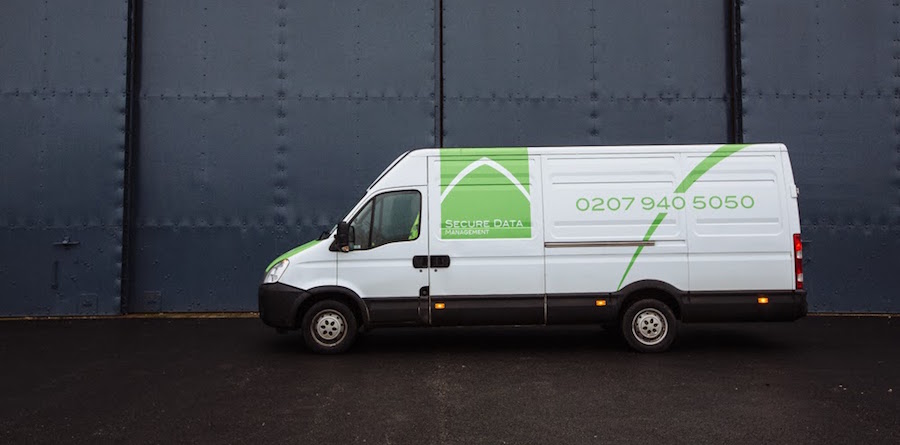In-house document storage is becoming less popular with businesses in the UK as decision makers at every level place increasing importance on the value and safety of their information.
It’s not just that businesses are now discovering the benefits of choosing remote storage; they are also realising that remote storage is a necessity to keep their information protected, which is ever more vulnerable to external threats. In-house storage is no longer capable of protecting information in the opinion of many business leaders.
Remote Storage Put to The Test
In order to assess why businesses feel remote storage is the better option when it comes to document storage it is necessary to compare the different safeguards that in-house and offsite storage can offer to combat the main risks threatening businesses’ records. It soon becomes clear that in-house storage is the less reliable storage solution.
Natural Disasters and Environmental Hazards

Whilst natural disasters are rare in the UK they do happen and it is likely that any business that has been around long enough will have been suffered from one at some point. Businesses that store documents in-house are certainly putting their documents at risk in the event of a disaster; especially if those documents are stored in an inadequate space such as a basement or attic which are more exposed to natural disasters and environmental hazards.
When it comes to protecting documents from these hazards remote storage is more reliable. A competitive storage facility will keep documents in vaults well defended against environmental hazards such as damp and humidity, often with features such as temperature control. If a disaster were to affect a business that used remote storage employees would be confident that their documents were stored safely away from the hazard at a remote storage facility.
Document Theft

The possibility of documents being stolen from a business becomes increasingly more conceivable as corporate identity thieves continue to profit from their activities. However, it is not just outsiders businesses need to worry about; bitter employees might also chose to steal documents for a quick profit from another competitor. In-house storage only exacerbates this threat as it means a business’s entire archive is available onsite for anyone to access. Furthermore, if documents were removed from the workplace it would probably take employees longer to realise they were missing as in-house record management systems tend to be less efficient than their offsite counterparts.
The likelihood of a document being stolen from a competitive offsite facility is minimal especially if that facility has 24 hour manned security, as most facilities now do. In the unlikely event a perpetrator attempted to remove a document from a facility – such an individual would have to get past police alarms and CCTV in most instances- the facility would notice the missing document’s absence almost instantaneously. Most first rate facilities now use bar code tracking systems and keep detailed inventories so it wouldn’t take long for staff to identify which file had been taken.
Human Error

On a day-to-day basis human error is going to be the most likely culprit when it comes to the displacement of documents. Employees losing documents is a common phenomena but using an archaic in-house filing system will make tracing those documents a lot more difficult. Not only will a below par record management system make it hard to track down missing documents but it will cause problems when it comes to monitoring the accessibility of documents. When a document goes missing it is important that a business can establish which employee had that document last and when; information which an outdated in-house filing system might not be able to provide.
As aforementioned a remote storage facility will keep detailed inventories of all their clients’ documents and will keep up-to-date records on the movement of all the files they store. Some competitive facilities will offer web-based archiving management programs to their clients so they can keep an eye on their documents when they are offsite. This means that both the offsite facility and the business’s employees can monitor those valuable documents stored remotely.
When put to the test and faced with the document storage challenges that all businesses have to deal with a remote storage facility is better equipped to keep an organisation’s records safe. An offsite facility has been purpose built to keep documents protected from these various risks, and therefore is a far more suitable environment for document storage than a bustling office space.











